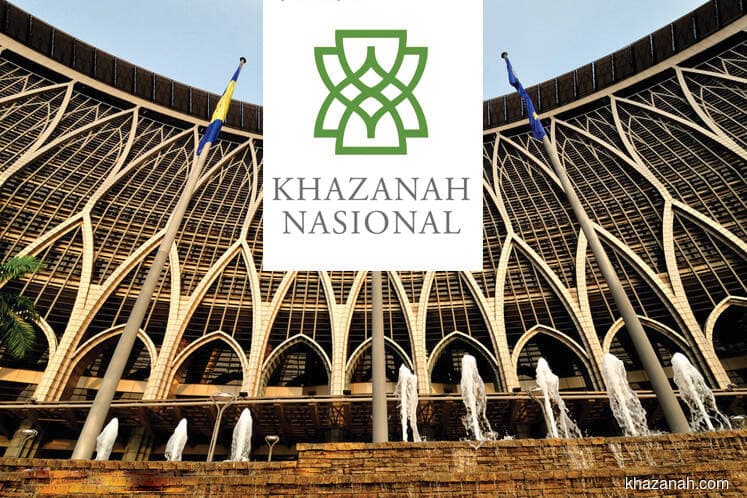
This article first appeared in The Edge Financial Daily on October 11, 2019
KUALA LUMPUR: Khazanah Nasional Bhd divested 84 assets during Datuk Seri Najib Razak’s administration between 2009 and 2018, before he was ousted in the 14th general election.
Economic Affairs Minister Datuk Seri Mohamed Azmin Ali told the Dewan Rakyat yesterday that in the same year Najib became the prime minister in 2009, Khazanah divested eight assets.
“He divested seven assets in 2010, eight in 2011, 10 in 2012, six in 2013, six in 2014, 10 in 2015, 13 in 2016 near the general election, 12 in 2017, and in the first four months of 2018 Pekan divested four assets,” he said during ministerial question time.
Mohamed Azmin said divestments are part of Khazanah’s ordinary business activities as an investment fund.
“It is not something extraordinary. Divestments are also often done by other investment funds like KWSP (Employees Provident Fund) and PNB (Permodalan Nasional Bhd). Divestments were done every year in the past, whether under the past management, or the new management appointed in December 2018,” he said.
Mohamed Azmin said this is because Khazanah does not receive any external fund injection, and proceeds from divestments are the main source of funds for new investments.
“This is different from KWSP and PNB. Other than divestment proceeds, KWSP receives recurring contributions from employees, while PNB receives fund from investors in its unit trust,” he said.
Mohamed Azmin said Khazanah will consider an asset divestment once an investment has achieved its financial targets, which are usually measured by profit from the business.
“Divestment also depends on the market condition, and the quality and credibility of the purchaser, this principle has been adopted in all divestments,” he said.
Between May 2018 and June 2019, Mohamed Azmin said Khazanah completed divestments amounting to RM18.8 billion, of which RM3.2 billion was recorded between May 2018 and December 2018, and RM15.6 billion between January and June this year.
‘Divestment proceeds not to pay government debts’
Proceeds from Khazanah’s divestments belong fully to the sovereign wealth fund and will never be used to repay government debts, Mohamed Azmin said, adding that Khazanah usually undertakes divestments to undertake new investments or pay its debts.
“The only payments that the government received from Khazanah are in the form of annual dividend and taxes,” he said.
He went on to say that Khazanah is expected to register a more resilient financial performance for the financial year ending Dec 31, 2019 (FY19), as a result of the current management’s restructuring effort.
“These initiatives include strengthening financial position, through debt reduction. After one year since we took over, Khazanah is successful in reducing its debts by about RM8 billion from RM55 billion to RM47 billion, and [is] expected to further reduce it to RM35 billion to RM40 billion in the medium term,” he said.
“This is expected to be achieved through divestments done by Khazanah between 2018 and 2019. Part of the proceeds from divestments were utilised for debt repayments, while others were utilised for new investments. For FY19, Khazanah [expects] to register a profit of about RM5 billion, versus loss of RM6.3 billion for FY18,” he added.
Mohamed Azmin was responding to a question from Datuk Seri Ahmad Hamzah [BN-Jasin], who asked the government to state Khazanah’s current financial performance and the total disposal of shares, assets and other interests made since the Pakatan Harapan government took over last year.